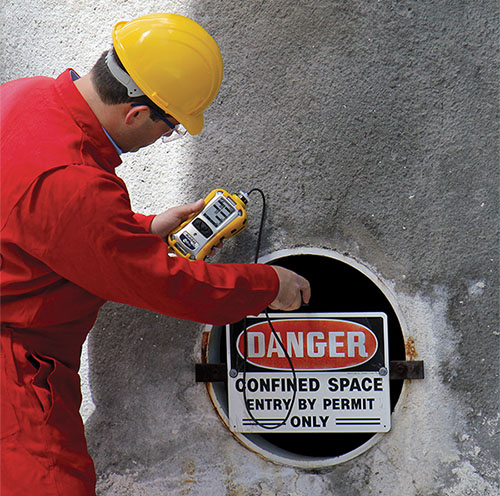Beyond the Alarm: How Gas Monitors Save Lives
Confined spaces pose significant risks,
including hazardous gas build-ups, oxygen deficiencies, and toxic fumes. To
counter these dangers, confined space gas monitors and gas detectors are
essential tools for ensuring worker safety in these challenging environments.
But what makes them indispensable, and how do they function?
Confined
space gas monitors
are designed to detect a range of dangerous gases, such
as carbon monoxide, hydrogen sulfide, and explosive vapors. With their ability
to measure oxygen levels and alert users to hazardous conditions, these devices
act as the first line of defense. A reliable gas
monitor detector ensures workers can enter confined
spaces with confidence, knowing any danger will be promptly identified.
The versatility of modern gas monitors
makes them suitable for a variety of industries, including construction,
mining, and utilities. However, it’s not just about having the equipment—it’s
about maintaining it. Regular calibration and servicing of gas detectors are
essential to ensure their accuracy and reliability. Without proper upkeep, the
device’s readings may drift, leading to potentially life-threatening
oversights.
Investing in high-quality gas monitors and
detector calibration services ensures your team operates safely and
efficiently. At Gas Monitor Competence Training, we provide top-tier gas
detection equipment and expert training programs. Whether it’s confined space
entry or equipment calibration, our team is committed to helping you maintain a
safe working environment.
Protect your team, prevent accidents, and
prioritize safety with Gas Monitor Competence Training.





Comments
Post a Comment